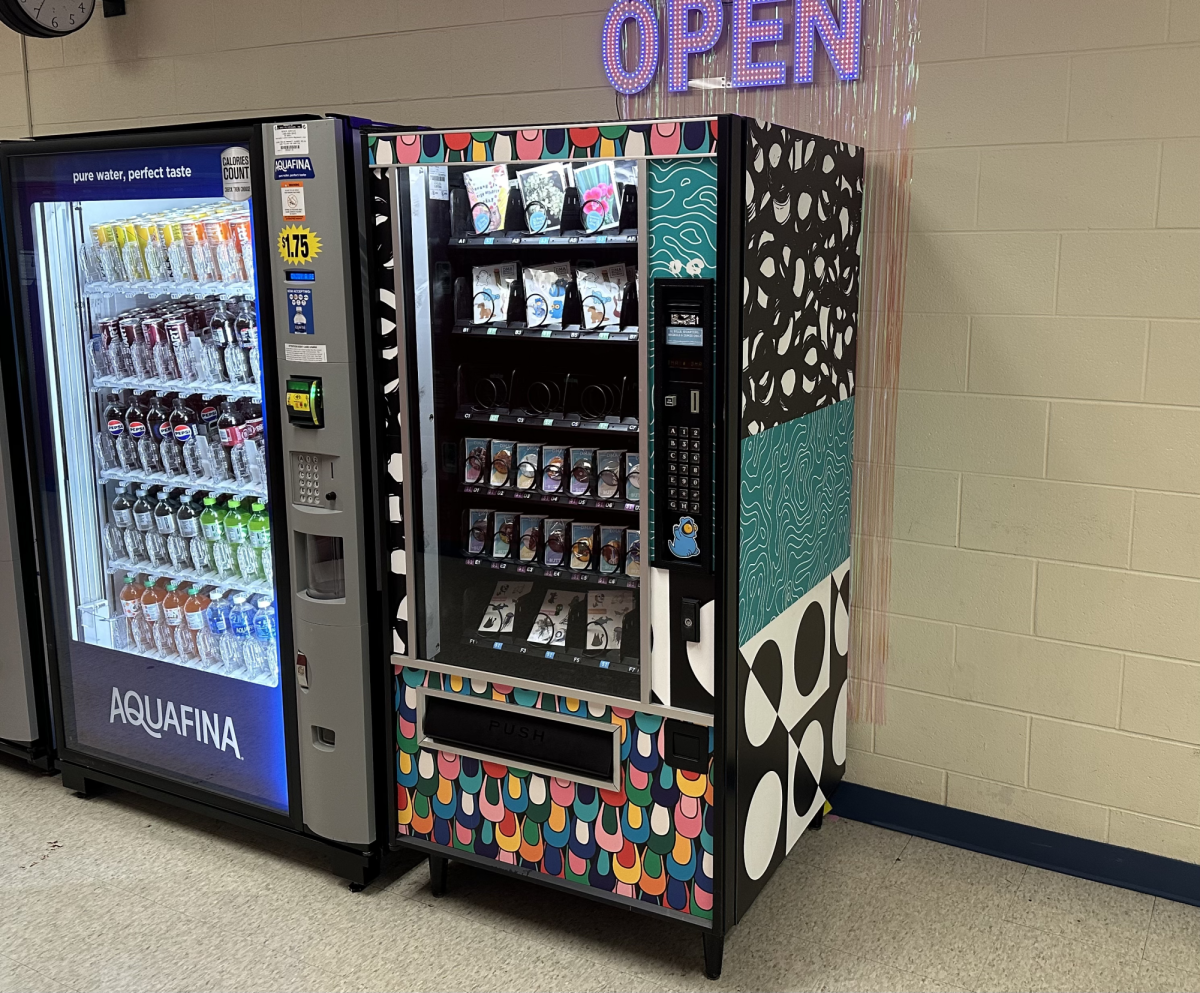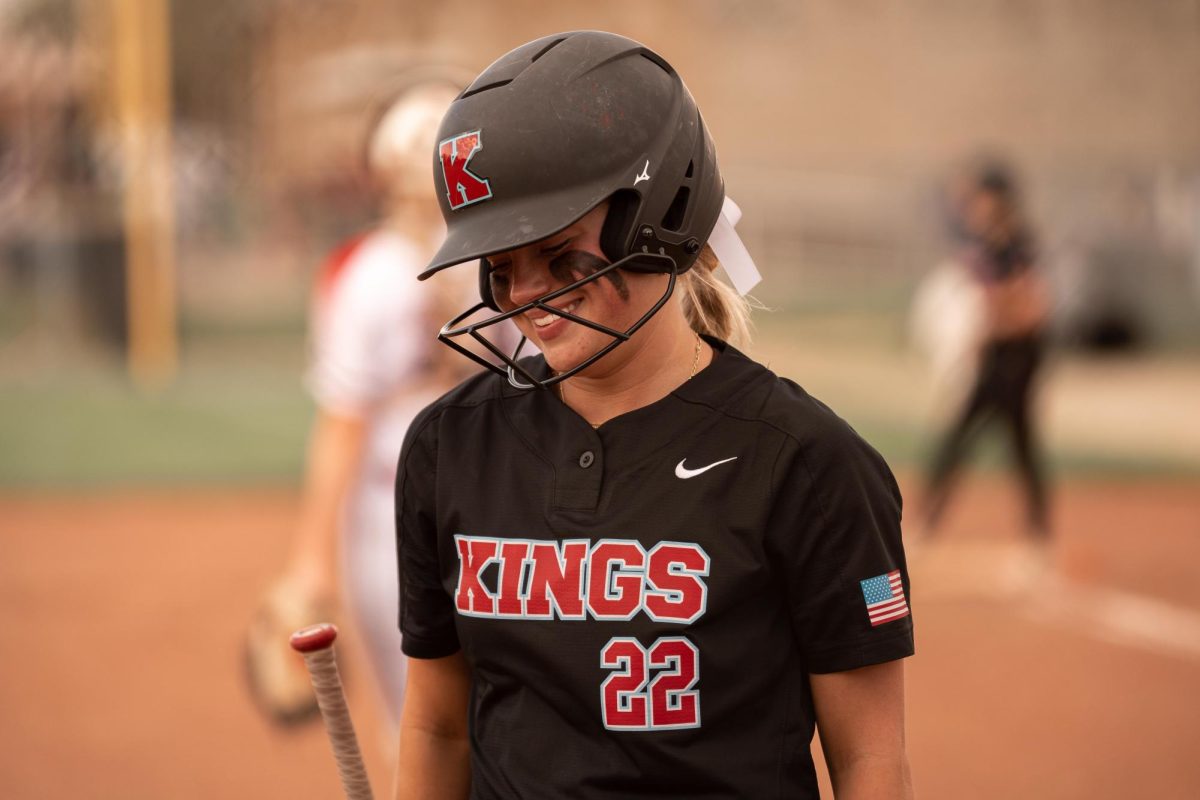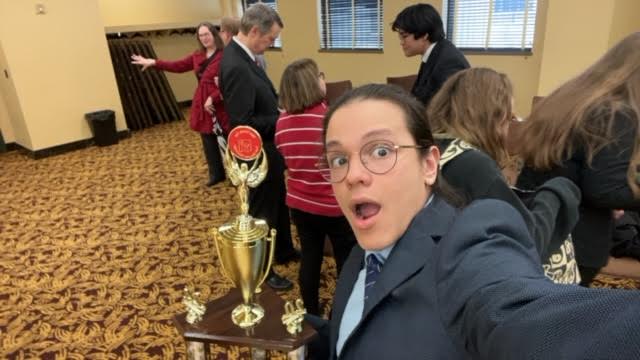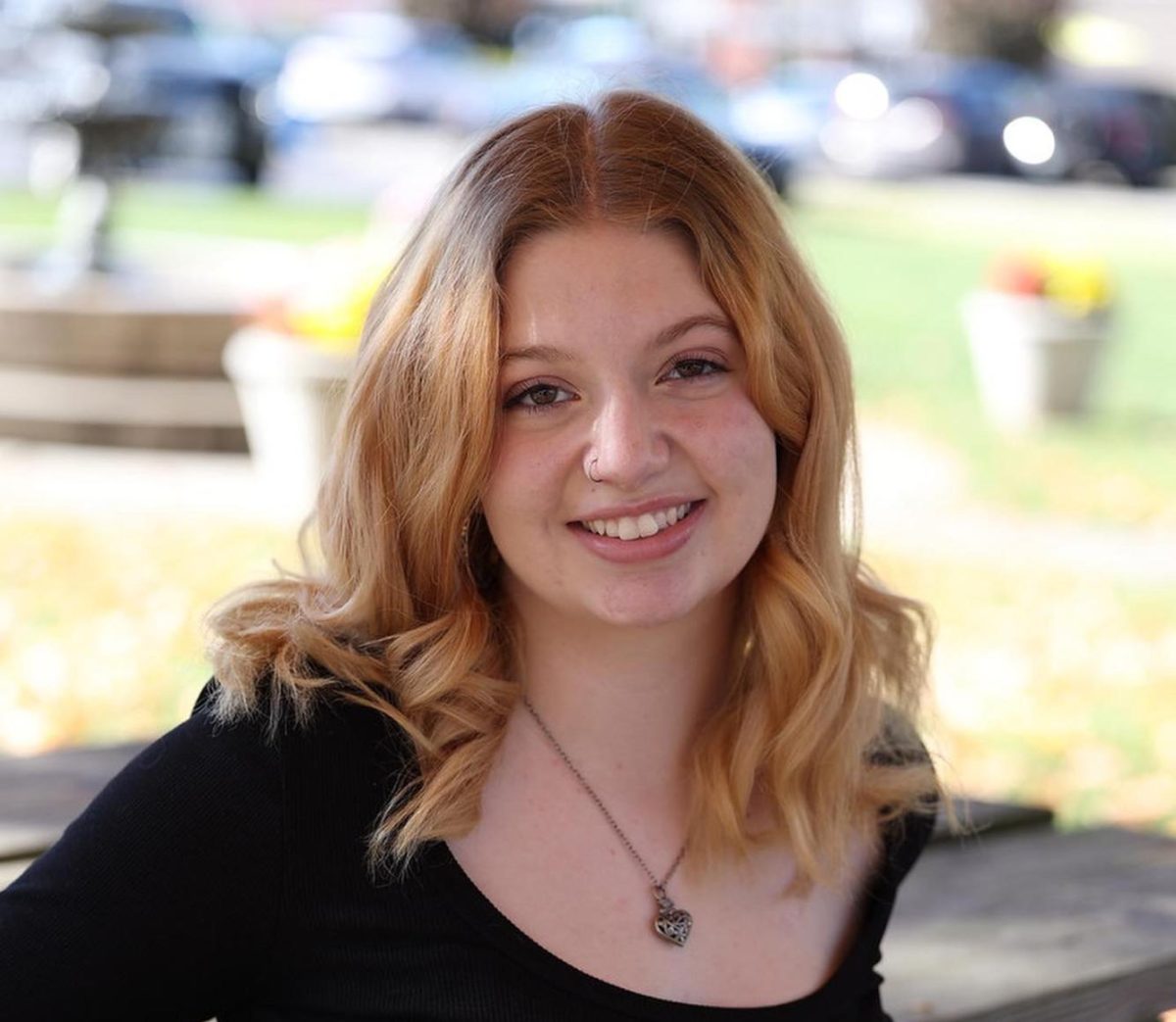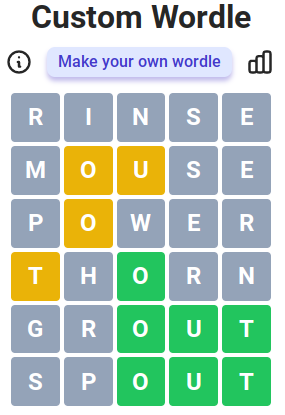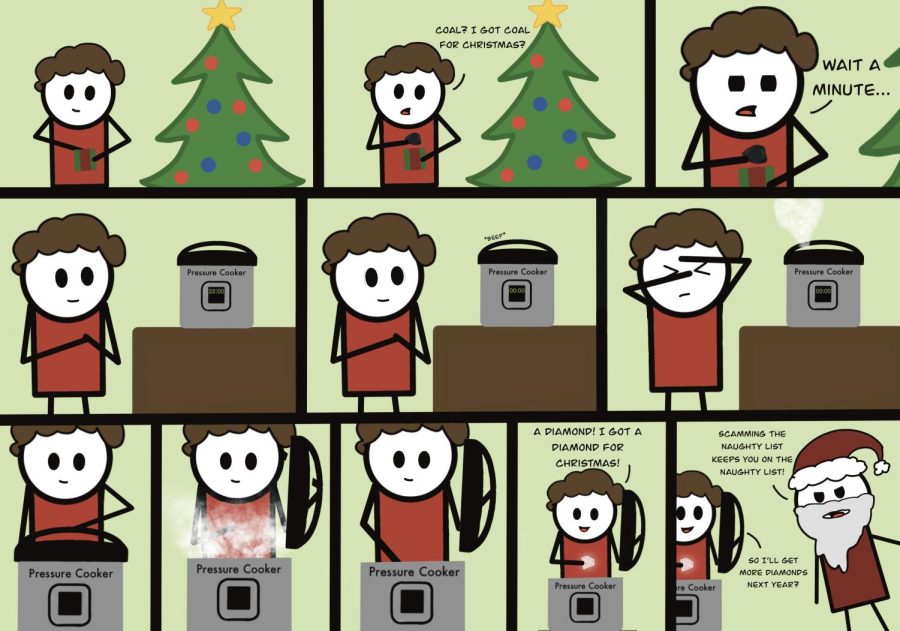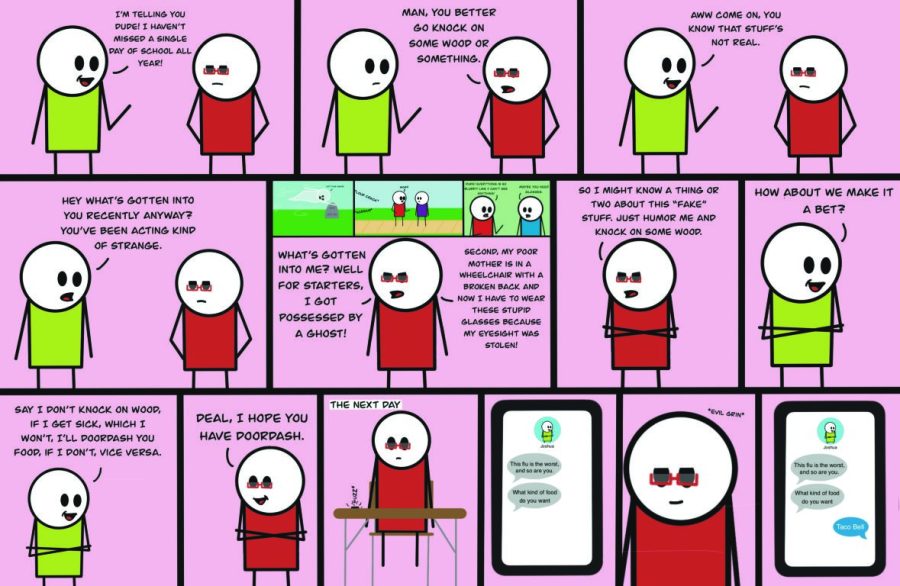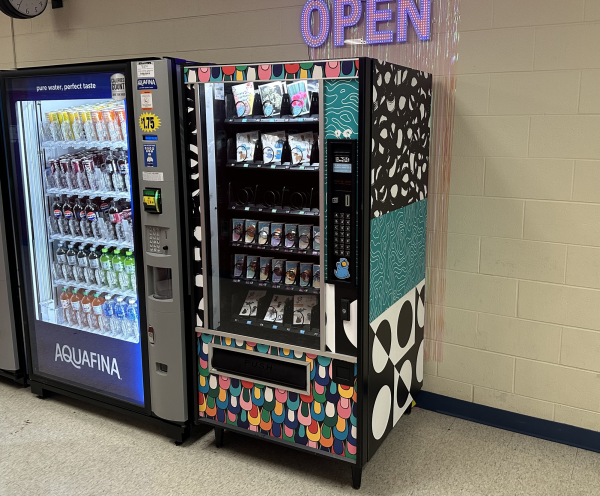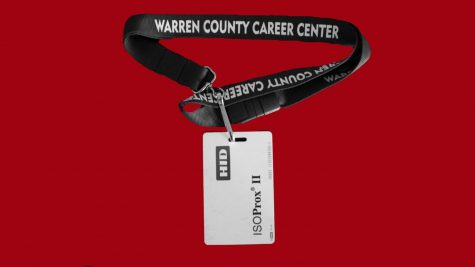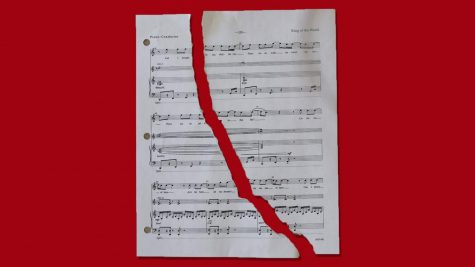What happened to Personal Finance?
The absence of a Personal Finance class on recent course request sheets has led to other departments taking on the curriculum and teaching it in a variety of classes.
“When are we going to need this in real life?”
This question is one all high school students are familiar with. As students write analytical essays and memorize the quadratic formula, they can’t help but wonder why these lessons are prioritized over subjects like filing taxes, mortgage loans, getting car titles, and home equity. Senior Cameron Morrison said that it is “mind-boggling” that personal finance is not covered in class.
“No where in the curriculum does it teach students to actually handle your money and pay taxes, which is arguably one of the most important things you need to do as an adult,” Morrison said.
Once upon a time, students had the opportunity to spend the semester in Personal Finance with Sandra Thomas, learning about the wonder of being an adult in charge of your own finances. Bank interest rates. Budgeting money. Balancing a checkbook. Average incomes between different levels of education. These real-life scenarios gave students in the class a sort of superpower: the knowledge of how to organize their finances.
While students may not have the opportunity to take the course now, Personal Finance was once a graduation requirement.
The class was last offered in the 2018-2019 school year. Although the class is no longer required to graduate, the Ohio Department of Education still requires schools to teach economics and financial literacy. Because of this, the course material integrated into other social studies classes.
“A lot of times classes are eliminated because the state of Ohio doesn’t require them anymore. In this case, Personal Finance was forced to be absorbed into the social studies curriculum. Personal Finance is not gone, it just got absorbed into another curriculum,” social studies teacher Dustin Goldie said. “In fact, there is a lot of overlapping between the Personal Finance that is taught in Government and the Quantitative Reasoning class that is taught in math. Those two courses, really, you’re going to find the same exact topics.”
Margie Coleman, the Math Department Chair, said that most math classes try to incorporate lessons on Personal Finance where they are able to. She said that, oftentimes, students are surprised by how quickly finances add up.
“We in the Math Department have always included Personal Finance when possible. When I switched a fourth-year course over to be called Quantitative Reasoning, I did quite a lot of Personal Finance in that one, but it wasn’t just a whole course of Personal Finance,” Coleman said. “We would do a mortgage loan, a 30-year mortgage, it was like maybe a $50,000 house. They’d get to the end, and I’d say ‘Now add up all your payments, how much did you end up
spending over 30 years?’ And they’d be like, ‘Well, Mrs. Coleman, I did something wrong.’ Why? ‘Because it says like, $250,000.’ No, that’s right. Over 30 years paying interest, that’s how much money you end up spending.”
Alumnus Brendan Guerin, who graduated with the class of 2017, took Personal Finance as part of his graduation requirement. According to Guerin, the Personal Finance course offered was forgettable. He ranked its usefulness at a two or three out of 10, due to its old-fashioned approach.
“I think they should make it a 21st-century Personal Finance class, where it recognizes that apps exist and the internet exists. Obviously, I do a lot of personal finance stuff, you kind of have to, but it’s all app-based,” Guerin said. “It’s kind of like math class, how they don’t want you to use a calculator, and it’s like, ‘Why? They exist.’ Tell us how to use the stuff that exists, and don’t just act like we’re in the 18th-century with a quill pen sitting there balancing a ledger.”
Coleman agrees that an updated finance course should be offered, but under the Math Department.
“I would like to see our Algebra II redone. I don’t know that anybody else agrees with me at this point, so [it’s a] pipe dream, but I would love to see Algebra II broken down into different things, and one option could be Algebra II with finance, I think that would be really cool,” Coleman said.
The likelihood of a whole new course being introduced is small. In the meantime, students looking for course material similar to Personal Finance can take Employability, which Goldie teaches.
“Not only do we go and visit businesses and factories, we also do budgeting stuff. We talk about, ‘Okay, if you are just a common laborer at a factory making $15 an hour, what is your yearly wage? What is your lifetime wage versus if you became a skilled trades electrician, and made 50 bucks an hour?’ Employability has really morphed the Personal Finance [curriculum],” Goldie said. “If you’re looking for a course that has replaced Personal Finance, it’s the Employability course.”
Although social studies and math classes incorporated Personal Finance courses into their curriculum, Goldie believes that the material shouldn’t be limited to two subjects. In his personal opinion, teachers across the entire building should take any opportunity they can to talk to their students about finance.
“As teachers, it’s our job to prepare students for life,” Goldie said. “So, in my personal opinion, Personal Finance should be discussed in every course. I don’t care if it’s gym class, choir, [or] social studies. Kings teachers do a great job of not just teaching their subject, but they teach about life. And I think that Personal Finance is about life.”
Want to show your appreciation?
Consider donating to The Knight Times!
Your proceeds will go directly towards our newsroom so we can continue bringing you timely, truthful, and professional journalism.
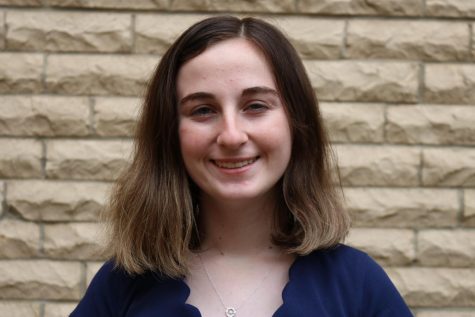
Abby is a senior and has been going to Kings since kindergarten. In the seventh grade, she got into theatre both at school and in the community, and it...

Josiah is a current Senior and has been going to Kings since the 5th grade. He joined the Knight Times to bring a new perspective to the group, and to...





